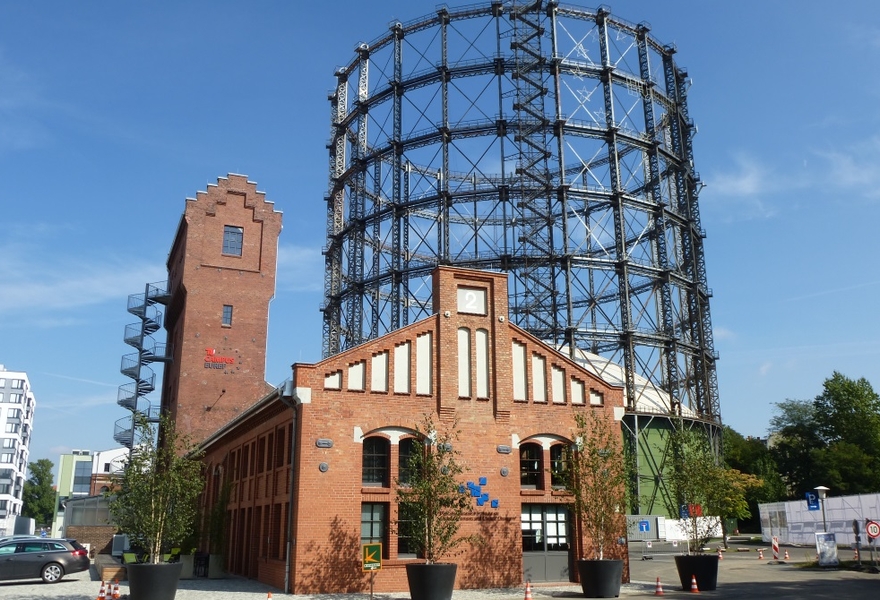MCC is a focal point for scientific excellence
Stellio Del Campo, Dan Phaneuf, Neal Haddaway: three current examples prove the attractiveness of the Berlin climate research institute as a research location.
Today, the young French economist Stellio Del Campo receives a remarkable award: the prize for the best economic dissertation among all universities in Île-de-France, the Paris region with around twelve million inhabitants. After his academic training, Del Campo recently started at the Berlin climate research institute MCC (Mercator Research Institute on Global Commons and Climate Change). In the MCC working group Governance, he wants to continue his work on sustainable development and inequality. This is essentially about how to achieve reasonable pricing, and thus reduction, of greenhouse gases in a world marked by the gap between rich and poor.
The example is just one of many: founded in 2012, the institute, with around 40 scientists from a dozen countries and a strong presence in renowned journals, is obviously a focal point for scientific excellence. Guest scientists such as Daniel J. Phaneuf, professor of economics at the University of Wisconsin-Madison in the US, who is visiting the MCC for an entire year, also testify to this. Phaneuf is president of the Association of Environmental and Resource Economists (AERE) and the author of a well-known graduate textbook in environmental economics. He has edited top journals such as the Journal of the Environmental Economics and Management and the Journal of the Association of Environmental and Resource Economists. Phaneuf’s research seeks to measure the economic value of better air and water quality, through their interaction with health, property markets, and recreation behaviour.
In April next year, Neal Haddaway – a leading international scholar in research synthesis and Senior Research Fellow at Stockholm Environment Institute (SEI) – will join MCC’s Applied Sustainability Science working group on a prestigious Humboldt Fellowship. The focus of research here is on how to use data science methods to map out and to synthesize the rapidly growing research literature. This is an important future field for the science-policy interface: after all, deriving robust findings across a wide range of studies is important for rigour policy advice as well as for assessments like those by the Intergovernmental Panel on Climate Change.






